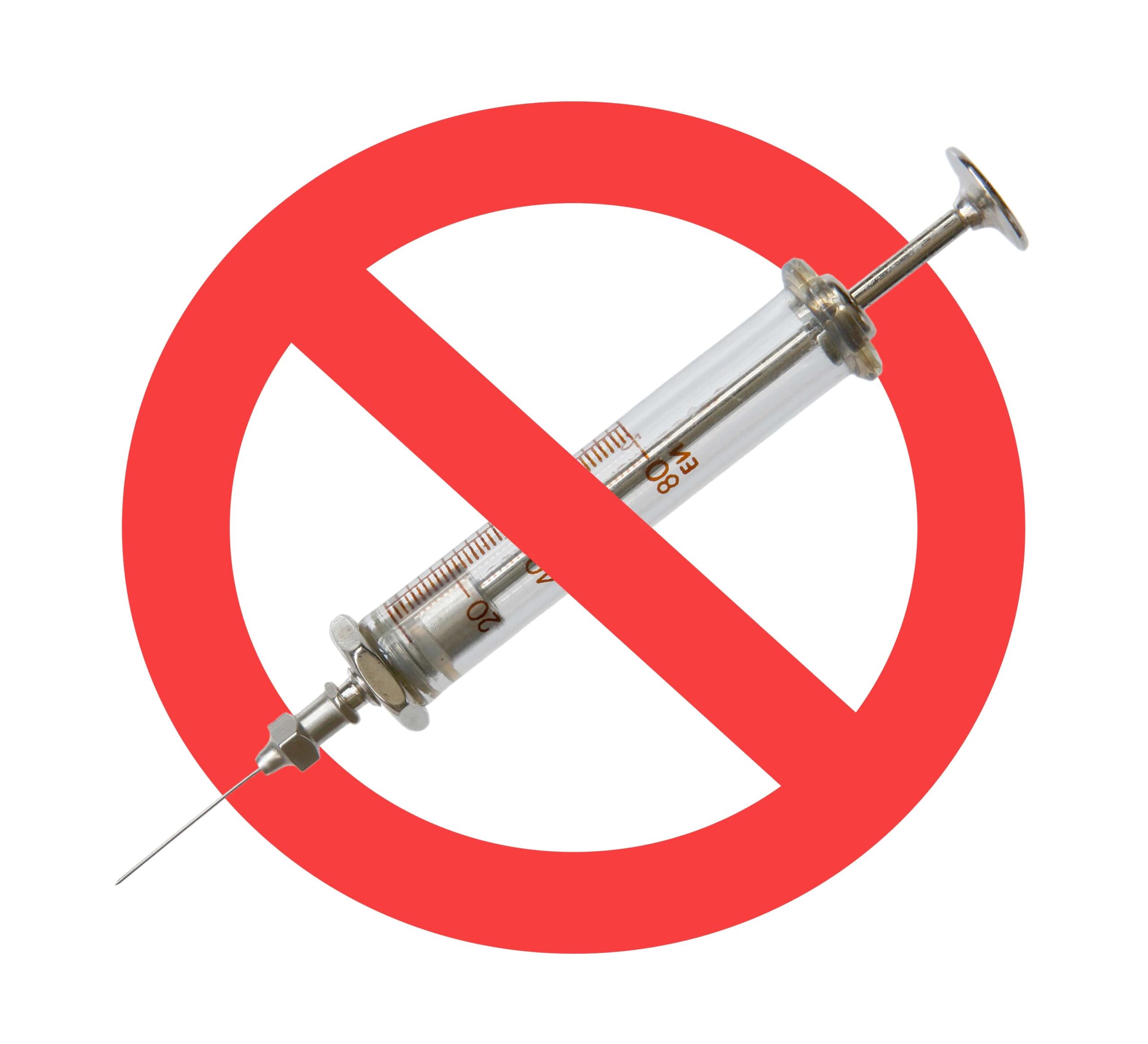Semaglutide, under the brand names Wegovy® and Ozempic®, has surged in popularity for its ability to help people lose weight and reduce the risk of obesity-related medical conditions. Yet, many people stop taking the drug. Two-thirds of users in the United States who started in 2021 had stopped within a year. Researchers and clinicians see the drugs, glucagon-like peptide 1 (GLP-1) agonists, as lifelong treatments. However, various factors can cause people to stop taking them. High costs, serious side effects, ongoing shortages and limited-term prescriptions play a part. Medications could be a remedy against the increasing prevalence of obesity worldwide, but further research is needed to address questions about stopping these drugs.

Why Do People Quit?
Many people stop taking anti-obesity medications due to severe side effects such as nausea, vomiting, diarrhea and constipation. In one study, 75% of participants experienced gastrointestinal distress and 7% quit due to adverse events.
Another common reason for stopping these medications is hitting a weight plateau. People might think the drugs no longer work, but each person responds differently, and dosage adjustments might be needed to lose more weight.
Shortages of Wegovy and Ozempic have also been a problem. Since 2022, the manufacturer, Novo Nordisk, has struggled to meet demand. In addition, the loss of health insurance coverage for the medication forces some people to stop treatment. The high cost of these drugs, around $1,350 per month in the US, makes them unaffordable for many, especially after retirement.
In the UK, NHS coverage for these medications is limited to two years. This policy, based on cost-effectiveness calculations and the data available at the time of the decision, often forces people off the drugs. Alex Miras, a clinician-researcher at Ulster University, calls this rule into question from a clinical perspective and hopes the NHS expands access to these medications based on current evidence.
The Impact of Quitting
When people stop taking GLP-1 agonists, many regain a significant amount of lost weight because the body aims to maintain its weight point, much like a rubber band snapping back. Arya Sharma, an obesity specialist, said, “The tension of the rubber band is a lot less when on medication. But when I take away the medication, that tension is going to come back.”
An 800-person trial found that participants who received semaglutide and made lifestyle changes lost, on average, 10.6% of their body weight over four months. One-third of the group received a placebo over the following 11 months and regained almost 7% of their body weight, while participants who continued to receive the drug continued to lose weight. Another study found that participants regained about two-thirds of their lost weight after a year without the drug. The trial also showed that risk factors like waist circumference, blood pressure, blood glucose and cholesterol levels also rebound after stopping the medication.
Quitting Best Practices
Stopping GLP-1 agonists suddenly poses no physical harm, but some people report increased appetite. Tapering off the medication might help reduce this rebound hunger. Monitoring appetite and weight regain is crucial. “Don’t wait till you put 30 pounds back on,” Sharma advises. Restarting the medication requires gradually increasing the dose again.
Continued lifestyle changes, like diet and exercise, are essential after stopping the drugs. Other anti-obesity medications, like orlistat, may be options, or patients may choose bariatric surgery. However, many people have already tried these before GLP-1 agonists.
The Long-Term Perspective
The popularity of new anti-obesity medications and the buzz around their ability to help people lose weight quickly suggests a paradigm shift in the battle against obesity. At its core, however, obesity, like high blood pressure or heart disease, requires lifelong maintenance. “All we’ve done is modify their physiology,” says Jamy Ard, a clinician and researcher at Wake Forest University School of Medicine. “We haven’t cured the disease.”
Did you enjoy this blog post? Check out our other blog posts as well as related topics on our Webinar page.
QPS is a GLP- and GCP-compliant contract research organization (CRO) delivering the highest grade of discovery, preclinical and clinical drug research development services. Since 1995, it has grown from a tiny bioanalysis shop to a full-service CRO with 1,100+ employees in the U.S., Europe and Asia. Today, QPS offers expanded pharmaceutical contract R&D services with special expertise in pharmacology, DMPK, toxicology, bioanalysis, translational medicine and clinical development. An award-winning leader focused on bioanalytics and clinical trials, QPS is known for proven quality standards, technical expertise, a flexible approach to research, client satisfaction and turnkey laboratories and facilities. Through continual enhancements in capacities and resources, QPS stands tall in its commitment to delivering superior quality, skilled performance and trusted service to its valued customers. For more information, visit www.qps.com or email info@qps.com.







